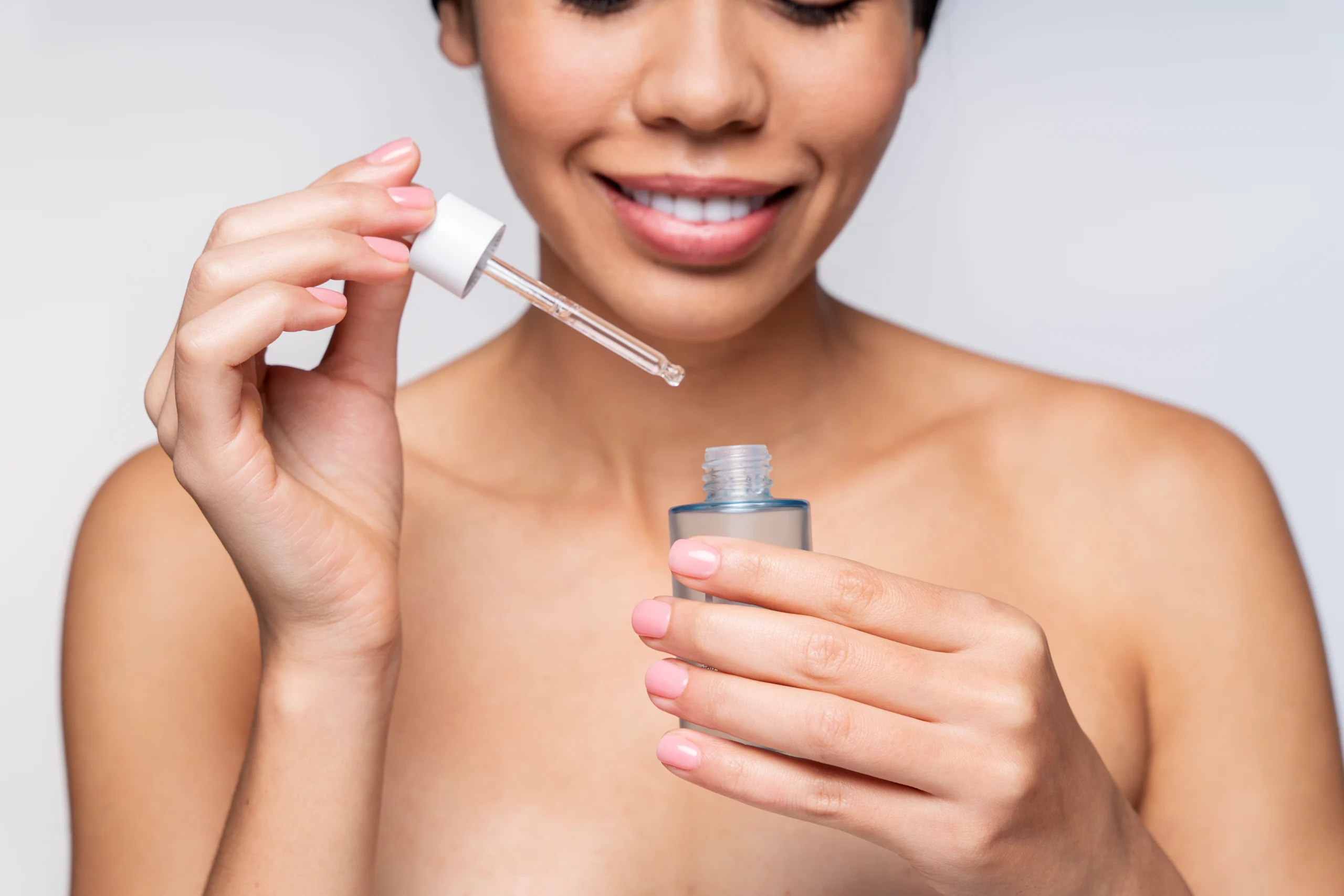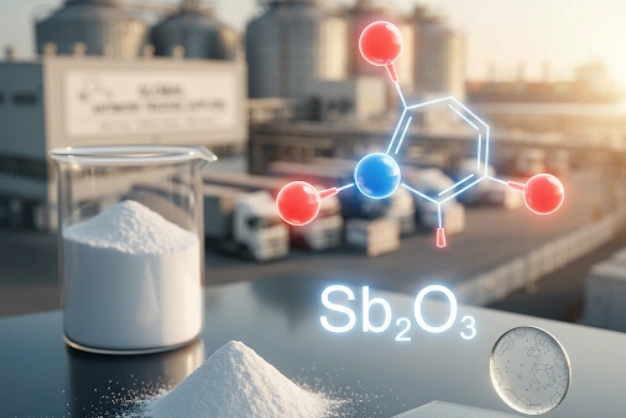Benefits as a Solvent: In cosmetics, propylene carbonate is used to achieve uniform dispersion of ingredients, ensuring smooth application. It’s particularly effective in products such as foundations and lipsticks, where consistency is crucial.
Enhancing Product Texture: Beyond its solvent capabilities, propylene carbonate stabilizes product formulations. This prevents the separation of components in emulsions, which is vital for products like lotions and makeup removers. Stable emulsions enhance the product’s shelf life and ensure effectiveness from the first to the last use.
Impact on Consumer Experience: The role of propylene carbonate extends to improving the sensory attributes of cosmetic products. By ensuring that products remain homogenous and effective, it significantly enhances user satisfaction.
Hair Sprays: Propylene carbonate is integral in hair sprays for its ability to dissolve oils and polymers, ensuring an even distribution and fine mist that holds style without stiffness. It helps prevent the spray nozzle from clogging, maintaining performance over time.
Makeup Removers: In makeup removers, propylene carbonate works to dissolve stubborn, waterproof makeup formulations easily. It helps emulsify and remove heavy makeup without excessive rubbing, protecting the skin’s delicate barrier.
Nail Polish Removers: Its strong solvent properties make it effective in nail polish removers, where it breaks down the polish quickly, reducing the amount of exposure to harsh chemicals and preserving the health of the nails.
Skin Care Lotions: In lotions, propylene carbonate stabilizes the mixture, preventing the separation of oil and water components. This ensures that active ingredients are effectively delivered across the skin, enhancing hydration and treatment effects.
Lipsticks and Lip Balms: Propylene carbonate contributes to the creamy texture and longevity of lip products. It ensures that pigments and base materials are well-incorporated, preventing separation and improving the product’s overall feel and application.
Enhancing Absorption: Propylene carbonate helps to increase the skin’s permeability, allowing active ingredients to penetrate more deeply and effectively. This is particularly beneficial for anti-aging treatments, where deeper penetration can mean more significant improvements in skin texture and elasticity.
Improving Product Stability: By maintaining the stability of formulations, propylene carbonate ensures that the active ingredients remain effective throughout the product’s lifespan. This stability is crucial for long-term use products, such as night creams and serums.
Enhancing User Experience: Beyond its technical benefits, propylene carbonate improves the sensory aspects of skincare products. It contributes to a smoother texture and a more pleasant application experience, which is vital for consumer satisfaction.
Moisturizers: Many moisturizers use propylene carbonate to ensure that hydrating ingredients like hyaluronic acid and glycerin are well-distributed within the product. This ensures even application and optimal absorption, helping to keep the skin hydrated and soft throughout the day.
Serums: In serums, especially those targeting aging or skin texture improvements, propylene carbonate helps active ingredients such as retinol and vitamin C penetrate deeper into the skin layers. This enhances their effectiveness in reducing fine lines and improving skin tone.
Face Masks: Propylene carbonate is included in certain types of peel-off masks to assist in the smooth application and removal of the product. It ensures that the mask does not dry out or crack, making the peel-off process effective and satisfying.
Cleansers: In cleansers, propylene carbonate acts as a solvent for dirt, oil, and makeup, making them easier to wash away. It helps maintain the cleanser’s efficacy without stripping the skin of its natural oils.
Propylene carbonate’s use in skincare and personal care products is closely regulated to ensure safety for consumers. Here’s how major regulatory bodies manage its use:
Food and Drug Administration (FDA): In the United States, the FDA does not specifically list propylene carbonate as a restricted ingredient in cosmetics. However, it mandates that all cosmetic ingredients must be safe for consumers under labeled or customary conditions of use.
Cosmetic Ingredient Review (CIR): The CIR, a U.S.-based industry-sponsored organization, has reviewed the safety of propylene carbonate and concluded that it is safe for use in cosmetics under current practices of concentration and formulation.
These insights demonstrate that propylene carbonate is considered safe for topical use in cosmetics as regulated and reviewed by major health and safety organizations. This regulatory backing ensures that products containing propylene carbonate meet stringent safety standards, affirming their suitability for consumer use.
Propylene carbonate has been extensively studied to assess its safety for use in skincare products. Here’s a detailed look at the scientific evidence:
Dermatological Testing: Studies have involved patch testing where propylene carbonate was applied to human skin under controlled conditions. These tests check for any potential irritation or allergic reactions and have generally found propylene carbonate to be non-irritating to the skin.
Absorption Rates: Research on how much propylene carbonate is absorbed through the skin indicates low absorption levels. This low rate minimizes any systemic health risks, making it suitable for use in topical applications.
Toxicological Reviews: Comprehensive toxicological data has been reviewed to understand the effects of propylene carbonate when it comes in contact with the skin. The results support its safe use in cosmetics, confirming that it does not cause adverse effects at concentrations used in beauty and skincare products.
Long-term Exposure Studies: Longitudinal studies monitoring effects over extended periods provide insights into the chronic impacts of daily propylene carbonate use. These studies help ensure there are no long-term health risks associated with its use in skincare routines.
These scientific evaluations collectively affirm the safety of propylene carbonate, reinforcing its status as a trusted ingredient in the cosmetic industry.
Identify the Ingredient: Propylene carbonate may appear under different names on product labels. Familiarizing yourself with these variations can help you recognize it in your products.
Understand the Role: Knowing what propylene carbonate does in your skincare or cosmetic product (e.g., solvent, texture enhancer) can reassure you about its purpose and safety.
Check the Concentration: While propylene carbonate is safe at typical concentrations, being aware of its quantity can be useful, especially for those with sensitive skin.
Look for Safety Certifications: Products often have labels like “dermatologist-tested” or certifications that can provide an additional layer of trust regarding ingredient safety.




